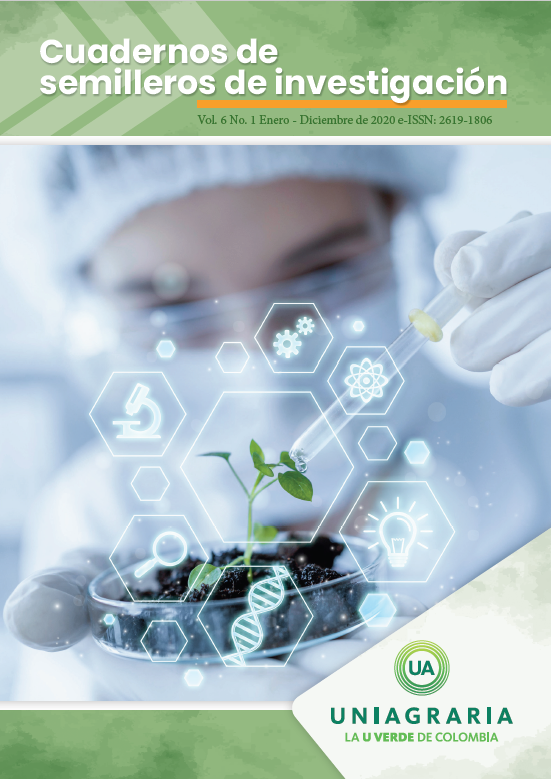Abstract
Cardiovascular diseases (CVD) are the principal cause of death in western societies. These diseases are related to problems of the heart and blood vessels. In particular, atherosclerosis generates cerebrovascular accidents and acute myocardial infarctions, due to the deposit of fat in the internal part of the arteries. These diseases can be treated by pharmacological methods and changes in lifestyle. Additionally, there are alternatives such as sterol-rich nutraceutical foods that correspond to steroid molecules abundant in legumes that have the ability to block the intestinal absorption of “bad” cholesterol associated with low-density lipoproteins (LDL and VLDL), which in high concentrations lead to a high accumulation of cholesterol in the arteries. These sterols can be transferred from legumes to bovine milk through the diet of the cows. The objective of this work is to review the beneficial effect of the consumption of plant sterols in terms of reducing the risk of cardiovascular diseases, the potential that the consumption of bovine milk rich in this type of molecules can have, as well as formulate research perspectives considering the diversity of milk production systems in Colombia.Downloads
Download data is not yet available.
